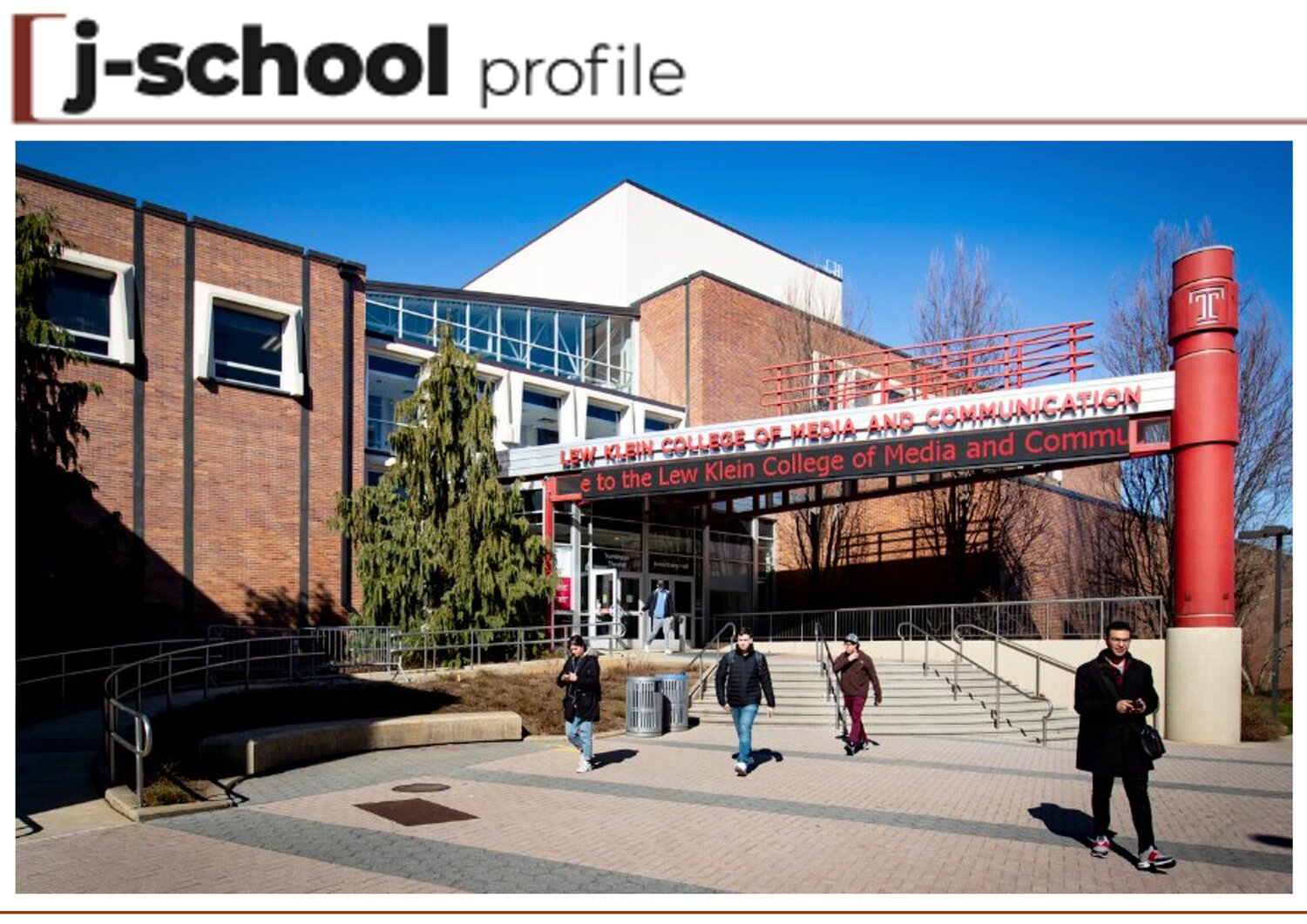
Although media and journalism may seem to be endangered species, they are critical to revealing the truth, supporting democratic principles and creating more enlightened voters. In the many excellent collegiate media and journalism programs nationwide, the next generation is preparing to step forward to support those principles.
Temple University’s Klein College of Media and Communication offers students a comprehensive education and unique opportunities to apply what they learn in Philadelphia's urban landscape.
“Our eight undergraduate, four master’s and doctoral programs are based on two principles. First is the role of communication and journalism in urban life. We have many experiential opportunities for students here in the nation’s fourth-largest media market. Second, those opportunities are more than a line in their resumés or a clip in a video reel; they result in actual benefits to the community. We put a big emphasis on having an impact and that students see the impact of their work,” David Boardman, dean of Klein College, said.
To provide students with impactful experiences, Klein College’s undergraduate programs include advertising, public relations, journalism, communication and social influence, audio and live entertainment, communication studies, media studies and production and virtual media management. Boardman is equally proud that Klein College is one of the most diverse schools in the country. Not only is there a large population of students of color, but approximately one-third of the 2,000 to 2,500 students are first-generation college students.
Like most media/journalism schools, Klein has a Ph.D. faculty that emphasizes theory and scholarship and prepares students to be critical thinkers, as well as a practitioner faculty that previously worked in media and journalism and teaches practical skills.
“One of the strengths of our faculty mix is we also have a large group of part-time adjunct professors who are still working in media/journalism. They give our students a very up-to-date, state-of-the-art education about what is happening in those industries today,” Boardman added.
Three current students and a recent graduate were eager to share the value of their education and experience at Klein College:
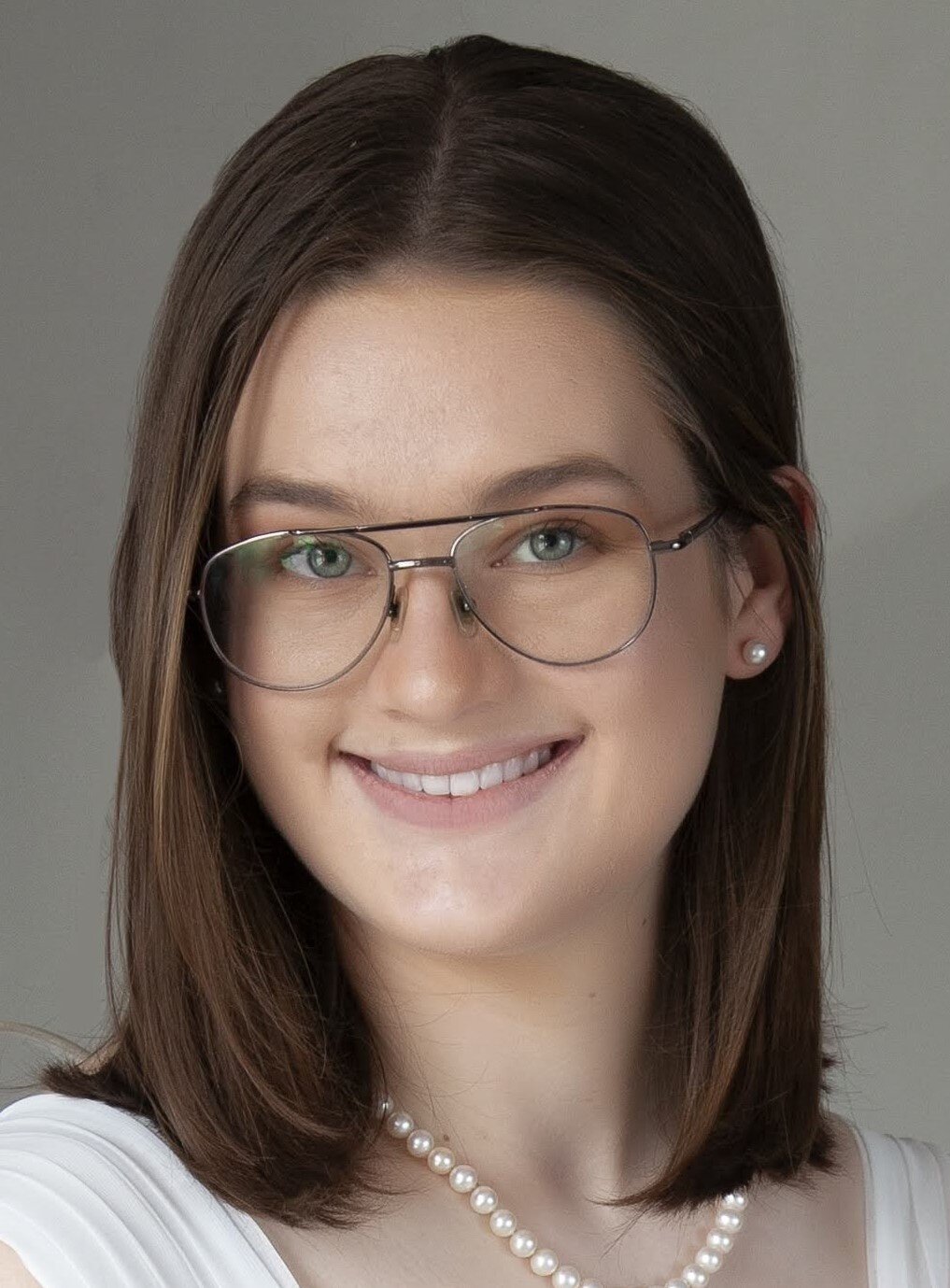 |
“The biggest thing Klein teaches you is grit. If you commit to journalism, like me, you’re being thrown into the real world — reporting on the issues in the city. That's something I know many other schools don't offer as much.” Allison Beck, junior undergraduate student in journalism and investigative reporter with The Logan Center |
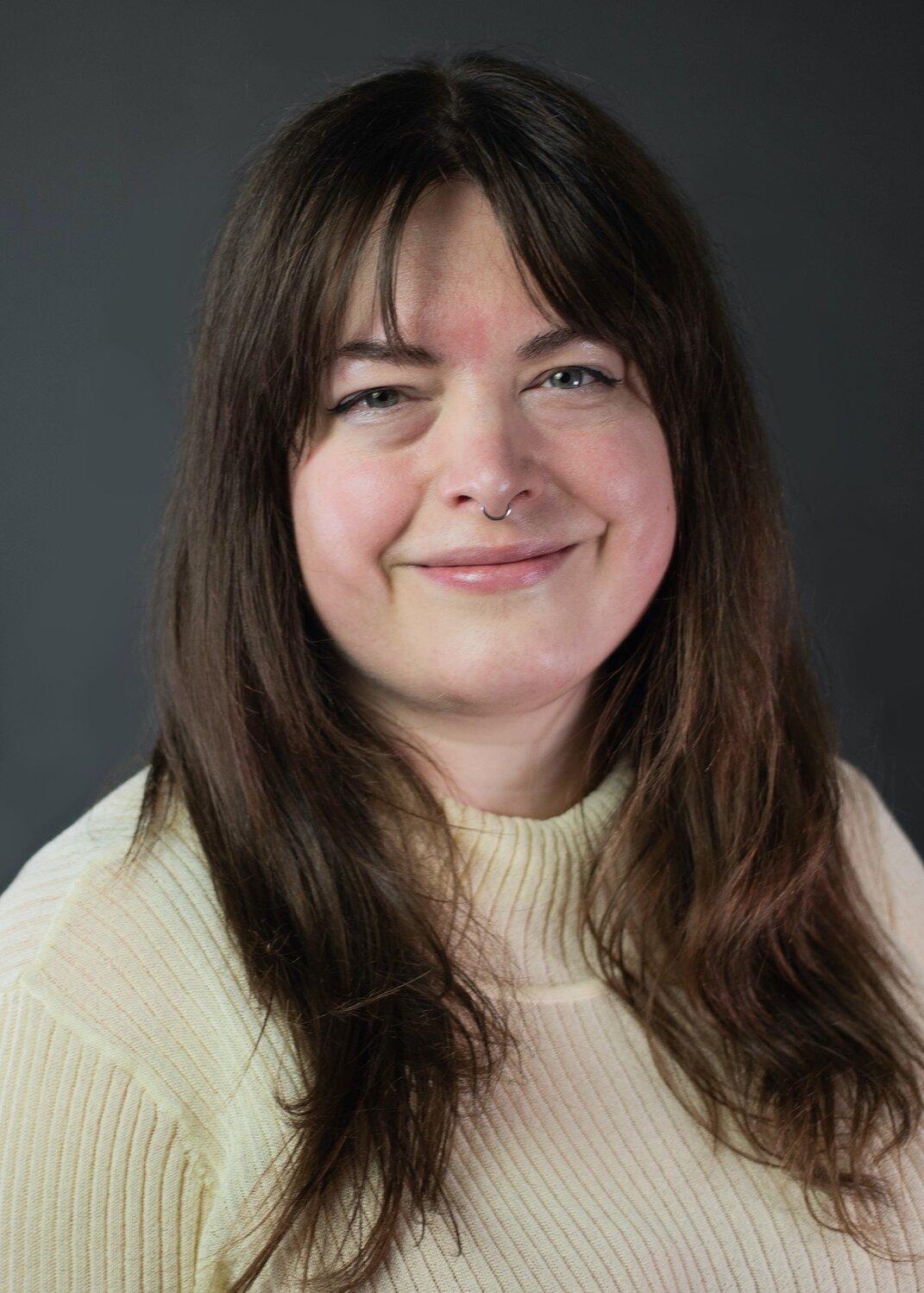 |
“Something unique about Temple’s program (media studies) is it is partially based on production and partially in theory, which I haven’t seen at many other universities. That hybridity was very appealing to me.” Natalie Reitz, master’s student, media studies |
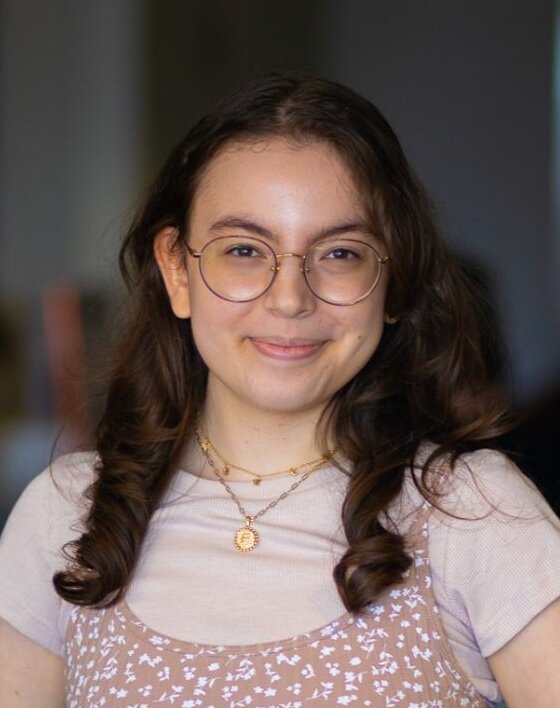 |
“What sold me on Temple was The Temple News. Having a strong student newspaper was very important. I knew I wanted to be involved from the first day, and now I’m the editor-in-chief.” Fallon Roth, senior undergraduate student, journalism major/political science minor |
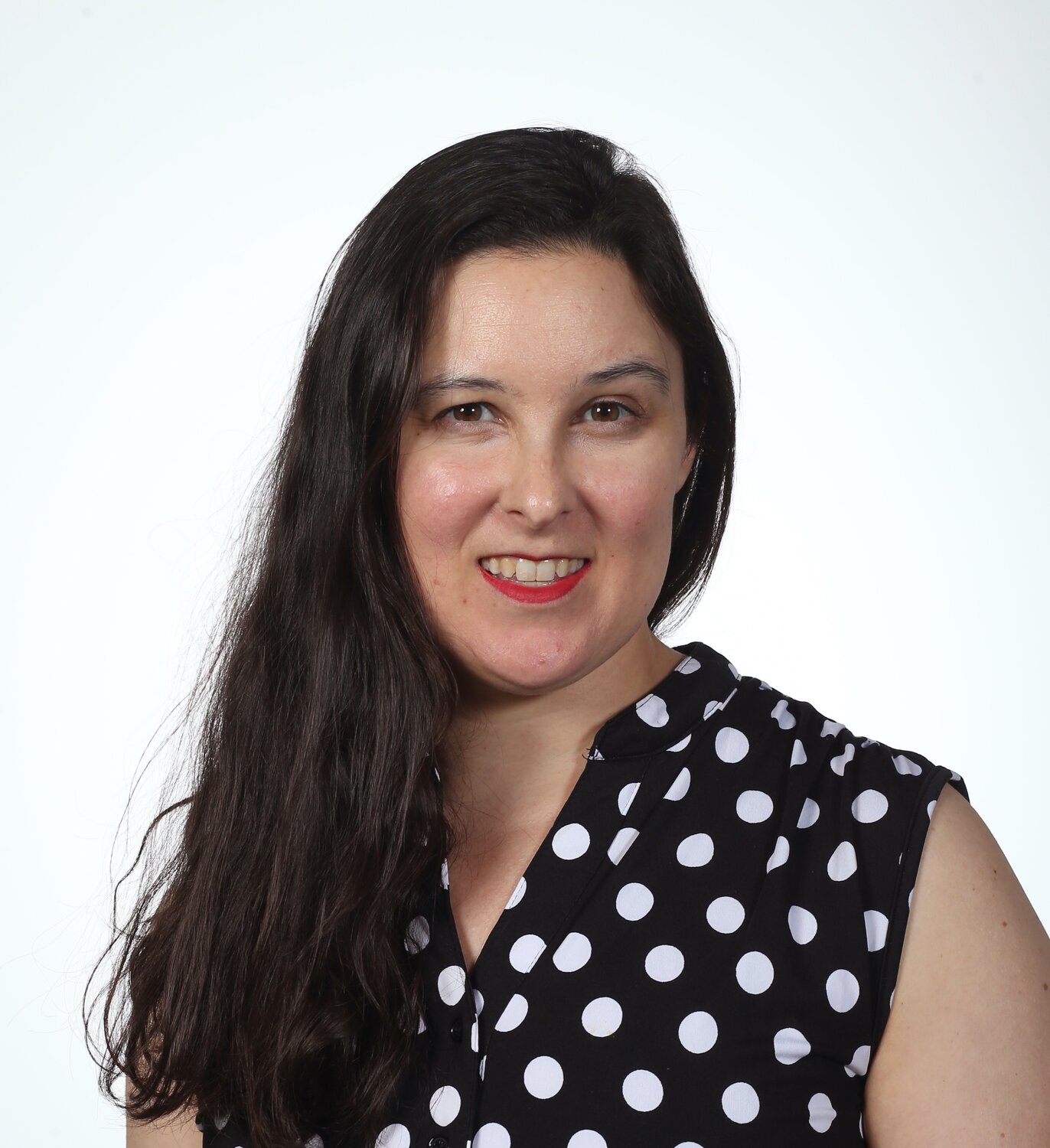 |
“Temple has a very vibrant program. You can work in Philadelphia and learn from people with experience working in that market. That’s a huge part of the appeal of Temple and being embedded in a media market that is competitive and fast-paced and offers many opportunities.” Elizabeth DeOrnellas, 2023 master’s graduate and environmental and agricultural reporter, LNP/LancasterOnline (Pennsylvania) |
The Logan Center: Dedicated to community-based storytelling
With a $1.2 million funding grant from the Jonathan Logan Family Foundation, Klein College launched the Logan Center for Urban Investigative Reporting in the summer of 2021. The Logan Center was the brainchild of Boardman, inspired by his career in investigative journalism. He was the executive editor and senior vice president of The Seattle Times and is also a past president and board member of Investigative Reporters and Editors. The Goldsmith Prize in Investigative Reporting from Harvard University is among his many major national awards.
“I lost more and more faith in the fundamental theory of change in investigative journalism as it’s practiced generally, which is mostly middle-aged, white, male journalists often parachuting into communities of color and shining a bright light on a problem in a very well-intentioned way. Then, we hope public officials and the public are called to act and fix the problem. As we know, sometimes that happens, but it usually doesn’t. The journalists leave, and the community feels worse about itself than before the journalists arrived,” Boardman said.
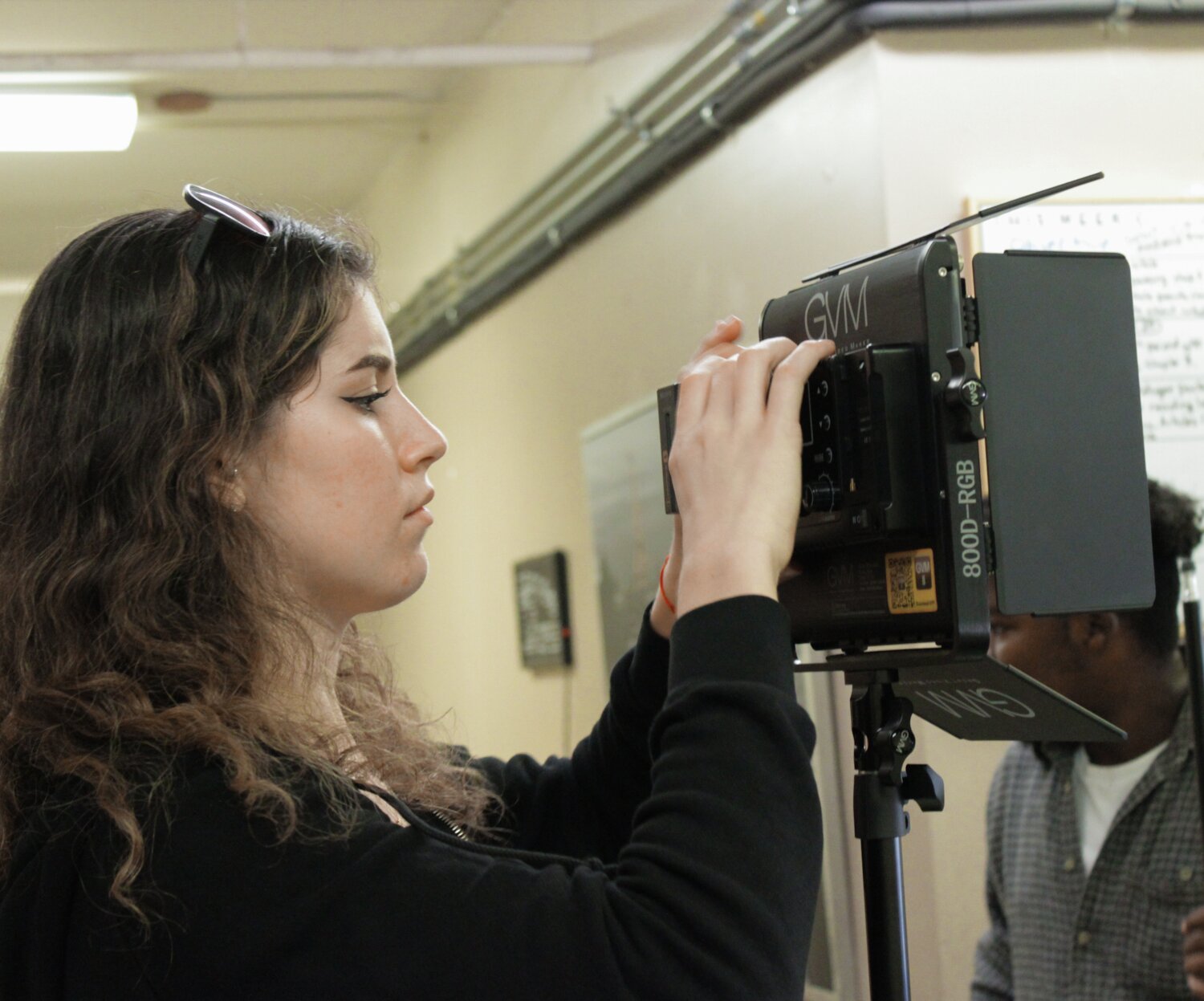
“The idea behind the Logan Center was, first, to focus exclusively on urban issues plaguing Philadelphia communities. We started by harnessing the community’s wisdom and understanding what they wanted investigated. Then, we heavily involve them with our students and faculty in the investigation and amplify their voices in a way that creates more of an orientation to potential solutions. This approach helps a community invest in the responses to problems, rather than having the sense that it’s some outside group.”
Yvonne Latty was named the director of the Logan Center in the summer of 2022. Before accepting the directorship, she was a journalism professor at New York University. She was also a reporter for the Philadelphia Daily News for 13 years and a longtime Philadelphia resident.
Latty and the faculty and students at the Logan Center immerse themselves in community-based investigative reporting, with an initial emphasis on gun violence, education and housing. Latty teaches using what she calls the “player-coach model.” She conducts interviews in local communities, writes articles, hosts various podcasts and produces documentaries with student teams. She serves as an editor for student-led projects.
“We look for what is working in these communities and not just emphasize what is not working. It’s a blend of digging into the city’s problems and paying homage to the people who are fixing the problems and celebrating their work,” Latty said.
Latty is particularly proud of the Logan Center’s impact in less than two years. To curb gun violence in Philadelphia, some in city government proposed a stop-and-frisk policy. The Center launched a five-episode podcast in collaboration with WHYY-News about the policy and, particularly, its impact on communities of color. Latty is convinced the podcast was instrumental in the policy being discussed during every debate for the 2022 mayoral election.
Students Natalie Reitz and Allison Beck are also the Logan Center team members, as videographer and editor, social media producer and video production assistant, respectively.
“I enjoy video editing the most. Yvonne allowed me to edit a project about a community in the Cobbs Creek neighborhood affected by the MOVE bombings in 1985. That project highlights how the community has rebuilt since then,” said Reitz.
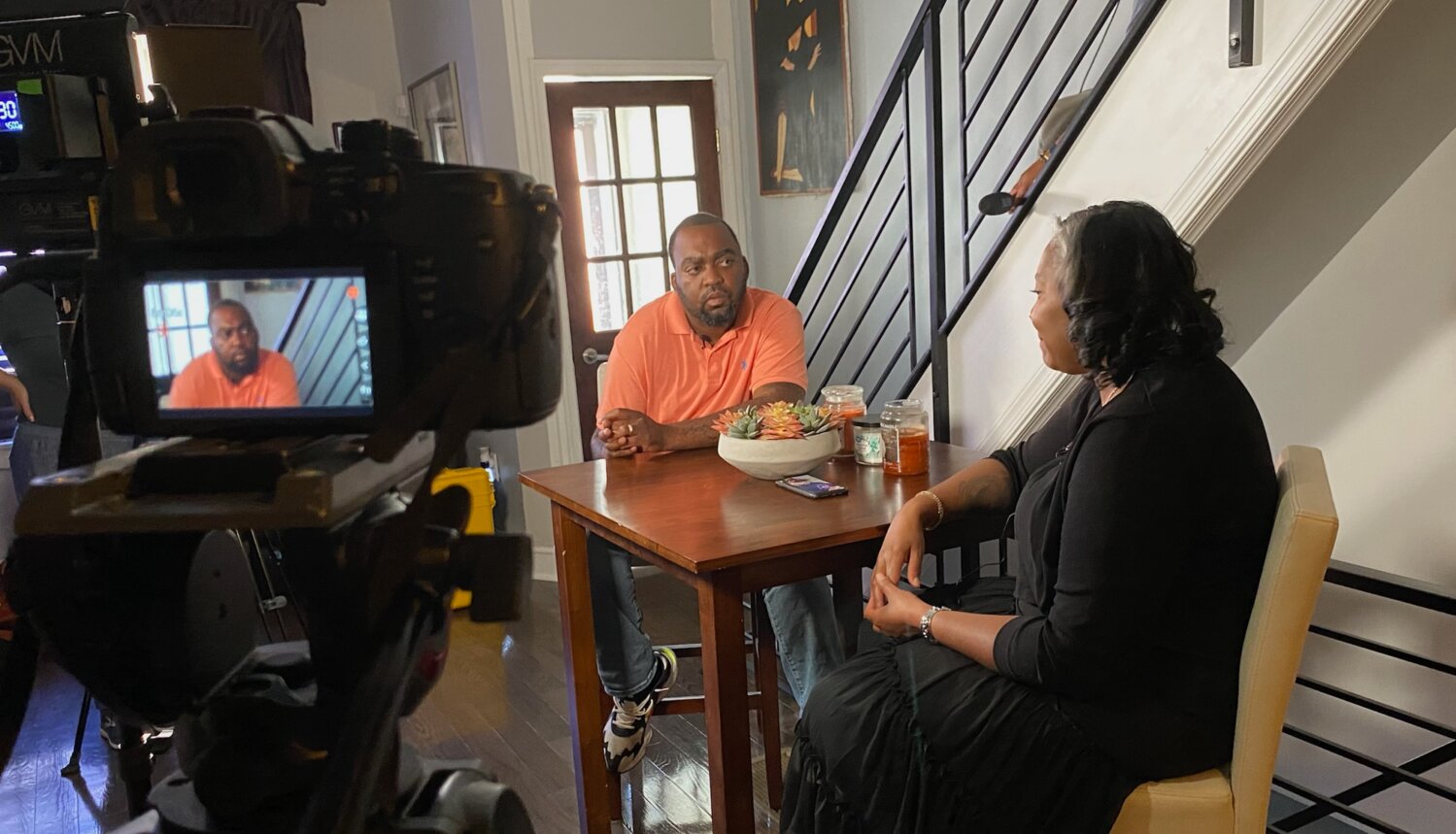
“I took Yvonne’s investigative reporting class, and as part of that class, students had the opportunity to take story pitches from a couple of our collaborators, such as The Philadelphia Inquirer. I took the pitch about the lifeguard shortage that no one else wanted. My story was published in the Inquirer and was my first big-kid byline. I also won a first-place Keystone student award for that series,” Beck said.
Promoting diversity in sports journalism at the Claire Smith Center for Sports Media
Boardman also recognized the need to develop a formal sports communication program for Klein College. The existing sports-focused curriculum had produced many well-known sports journalists, but packaging it and creating a certificate in sports media was an opportunity to promote diversity and help eliminate gender and racial barriers in sports media.
Klein College named its new Claire Smith Center for Sports Media in honor of Claire Smith, a distinguished Klein alumna and someone who broke those barriers. She is the first woman to regularly cover a Major League Baseball club, the first African American woman to become a full-time beat writer and the first woman to receive the Baseball Writers’ Association of America Career Excellence Award, presented at the annual National Baseball Hall of Fame induction ceremony. She is co-director of the Center.
“I knew she was so beloved by the teams she has covered that I was confident we would raise some serious money to create the Center. We raised over a million dollars, including major gifts from Major League Baseball, the Players Association and many athletes. The Claire Smith Center is a great addition to the school,” Boardman said.
Both the Logan Center and Claire Smith Center are fully integrated with other educational and practical opportunities for students at Klein College. A multimedia series, “Playing Fields Not Killing Fields: Can Sports Be the Answer?,” was a collaborative project of both centers and The Philadelphia Inquirer. Students visited North Philadelphia’s recreational facilities and youth sports programs to determine how they could contribute to an anti-violence solution.
“I am inspired by our students every day. Those who come to Temple University and Klein College are unafraid of challenges. They recognize the nation’s diversity as a strength, and they want to have an impact on the world. They realize journalism is a great way to do that,” Boardman said.
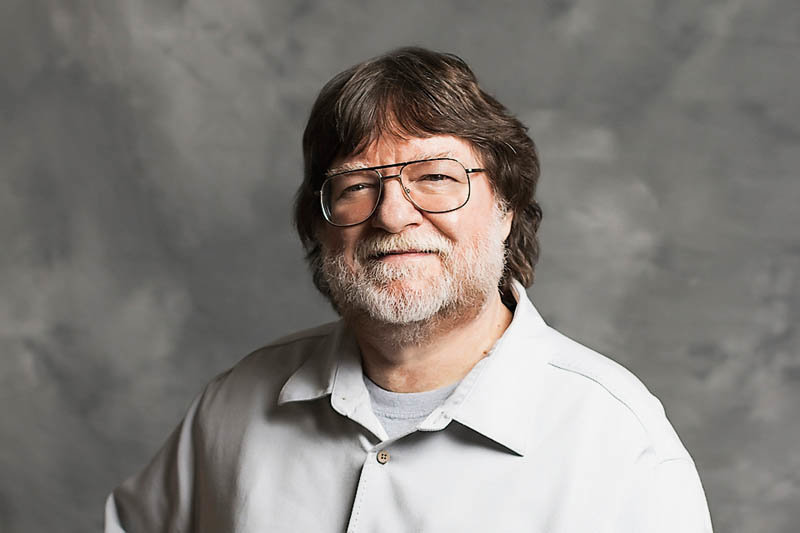 Bob Sillick has held many senior positions and served a myriad of clients during his 47 years in marketing and advertising. He has been a freelance/contract content researcher, writer, editor and manager since 2010. He can be reached at bobsillick@gmail.com.
Bob Sillick has held many senior positions and served a myriad of clients during his 47 years in marketing and advertising. He has been a freelance/contract content researcher, writer, editor and manager since 2010. He can be reached at bobsillick@gmail.com.
Comments
No comments on this item Please log in to comment by clicking here